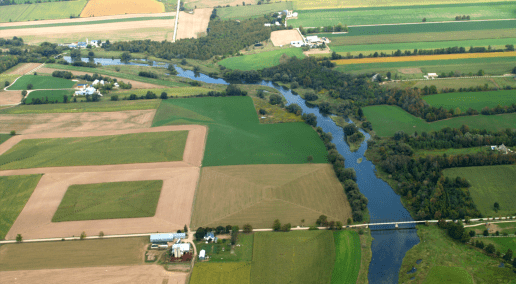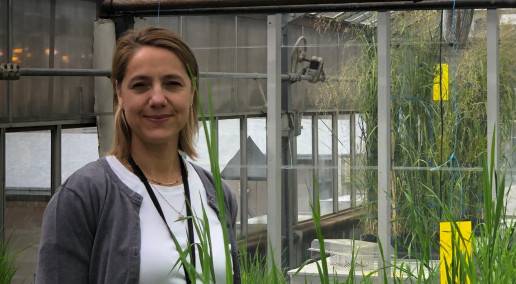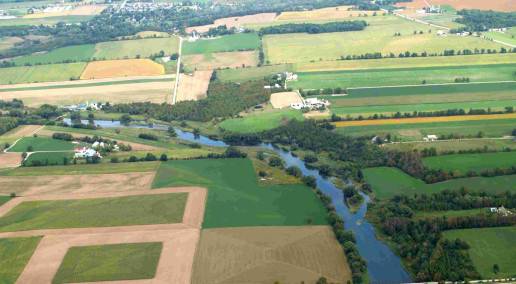Maggie van Camp is Loft32’s co-founder, director of strategic change and in 2024 started Farmers’ Bridge to help farm families navigate transitions and build their businesses for the future. She is also CEO and owner of a family farm near Blackstock, Ontario.
Maggie shared her thoughts on the subject of succession during the closing session of the Canadian Forage and Grassland Association’s (CFGA) 2024 conference, which took place in Guelph, Ontario last year. She noted that succession planning isn’t linear, it takes time, requires thoughtful conversation and encompasses many elements.
Maggie spoke of the experience firsthand, after taking over the farm following an accident that killed her husband 11 years ago. She said she was fortunate because they had done the work. They had a shareholder agreement and a will. Since then, she’s been talking about farm succession planning and today she’s going through the process again, but this time with her son.
“My son is taking over the farm and I’m beta testing everything I’ve learned on us,” she said. “It’s not point A, B, C. It goes sidesways sometimes.”
In 2021, only 12 per cent of farms had a written succession plan. Slightly less indicated they had a verbal plan, which won’t mean much as there are no actual agreements. However, a huge part of the industry doesn’t have a plan. About 60 per cent of farmers are over 60, while the number of farmers under 35 is about eight per cent. By 2033, 40 per cent of farmers are going to retire.
One issue is the gap between the rising cost of land and farm revenues is getting bigger, making it difficult for the next generation to navigate. However, the biggest challenge to succession planning isn’t land, or rising costs, or technology; it’s communication.
“Developing ways to communicate with your family is the super important part; you don’t want to have your first family meeting talking about succession planning.”
She added succession planning takes time. It won’t happen in one or two meetings. There are lots of steps to go through.
“One of the interesting things that we did was I wrote a timeline. I want to retire by X date because I wanted to do X, Y and Z by the time I turned 85. And then my son did it and we overlaid them. Wow, that was a bit of a kicker. He needs a long time to pay for that chicken quota.”
She said they also put together a farmhouse agreement, with the help of an outside advisor. A third party in the room can help calm emotions. “This is not a do-it-yourself project.”
The succession plan will need a business plan; one which is co-created. She said this is a good teaching opportunity. There’s also estate planning and tax planning. Then it’s all put into action.
“Action is when you have a joint venture agreement,” she said. “It takes between five and 10 years on average to do a succession plan.”
The good news is when families start working together on succession planning, positive things start happening – expansion, the adoption of strategic technologies and sustainable environmental issues are tackled.
Maggie encourages the outgoing generation to share their story; summarize what happened on their farm. It’s important for people to know where you came from then you can align future goals. These help people define their mission.
She closed talking about conflict, which can be happen especially when communication isn’t clear or the right people aren’t talking. “Ask lots of questions and listen intently.”
2024 conference recordings
The recording of Maggie’s keynote, as well as all of the recordings from the 2024 conference proceedings, is available for free to those who registered for the 2024 conference. For more information, email [email protected].
Registration open for the CFGA’s 2025 conference!
Registration is open for the CFGA’s 16th Annual Conference which will take place Nov. 18 to 21 in Fredericton, New Brunswick.
The conference is being organized in partnership with the CFGA provincial partner the New Brunswick Soil and Crop Improvement Association (NBSCIA). The theme is Greener Horizons: Technological Innovations in Forage and Grassland Management and the event will include pre-conference workshops, two days of presentations and a not-to-be-missed post conference tour to several New Brunswick farms.




Leave a Comment